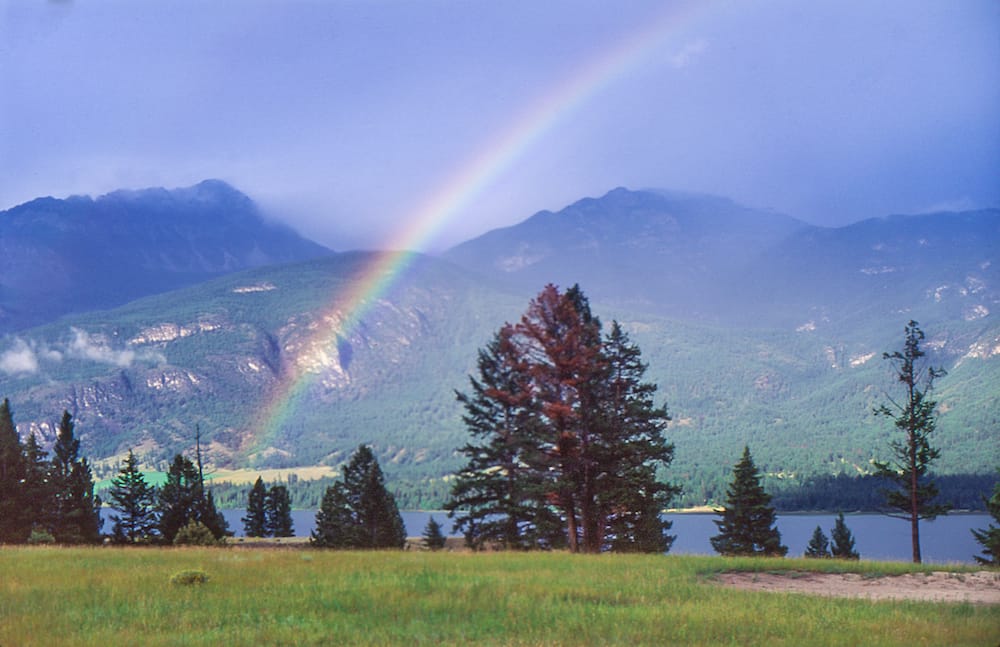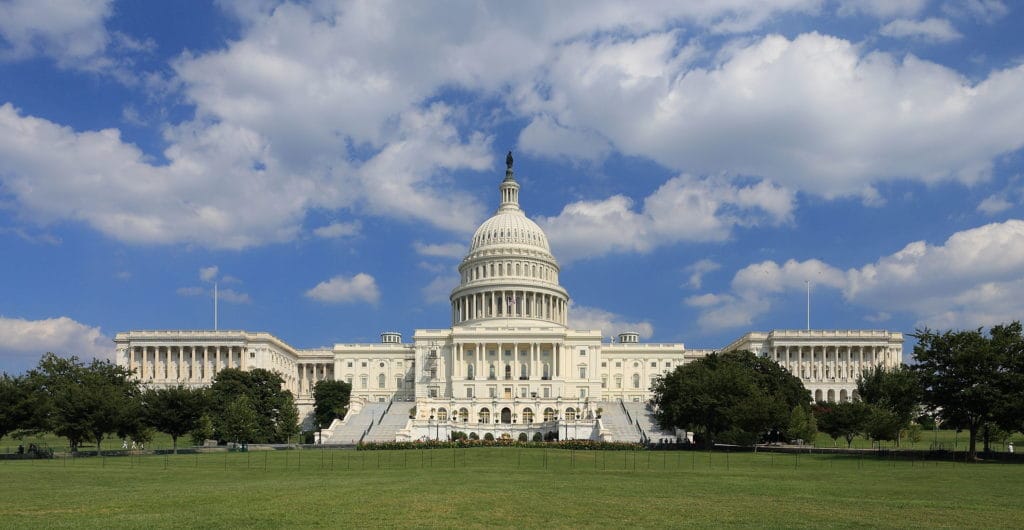By Region
Weigh in on the 7th Power Plan
The Northwest Power and Conservation Council, the region’s official power planning agency, has just released the draft of its seventh regional power plan. The public now has 60 days to provide written reactions and opportunities to attend and testify at public hearings in all four Northwest states.
Coalition study finds negligible cost for effective salmon recovery action
Nearly 35 years after the Northwest Power Act mandated equal treatment for fish and power generation in the Columbia-Snake system, 13 of the basin’s wild salmon and steelhead stocks are still listed under the Endangered Species Act. Recovery will require, among other measures, changes in hydropower system operations that will reduce electricity generation, such as dam removal or greatly increased spill over the dams. What would replacing the power cost Northwest energy consumers and how does it compare to escalating costs of maintaining aging power system infrastructure?
Coalition honors clean energy leaders with Headwaters awards
Two clean energy pioneers have been honored for their efforts with NW Energy Coalition Headwaters awards. Coalition executive director Nancy Hirsh recently presented colorful plaques and vials of water drawn from the headwaters of the Columbia River – Columbia Lake in British Columbia, to Alan Zelenka and Mike Nelson.
Testify on WA energy building codes on Oct. 16th in Olympia!
Washington state’s Building Code Council is considering a package of energy code improvements crucial to achieving the state goal of a 70% reduction in annual energy use by 2031. Despite their negligible costs and broad climate, comfort and energy-saving benefits, the proposals will likely draw opposition from some in the building industry and elsewhere. That’s why clean and affordable energy advocates must proclaim their support for these reasonable and cost-effective measures.
Coalition's comments voice strong support for 2015 Washington State Energy Code Proposals
The NW Energy Coalition expressed strong support for the 2015 Washington State Energy Code Proposals in the comments submitted to the Washington State Building Code Council. “Because increased energy efficiency…
Coalition honors I-937 architect with Headwaters Award
Former Coalition senior policy associate Danielle Dixon (left) receives the Headwaters Award from Coalition executive director Nancy Hirsh. The Headwaters is awarded annually to a member the NWEC’s extended family to recognize exceptional leadership for the a clean and affordable energy future.
Electric utilities are meeting renewable energy targets at a lower cost
Costs for meeting the state’s renewable energy targets are going down for all three of Washington’s investor-owned electric companies. The companies told the Utilities and Transportation Commission (UTC) they are on track to meet the state’s renewable energy requirements, and are reporting lower costs to meet those requirements.











